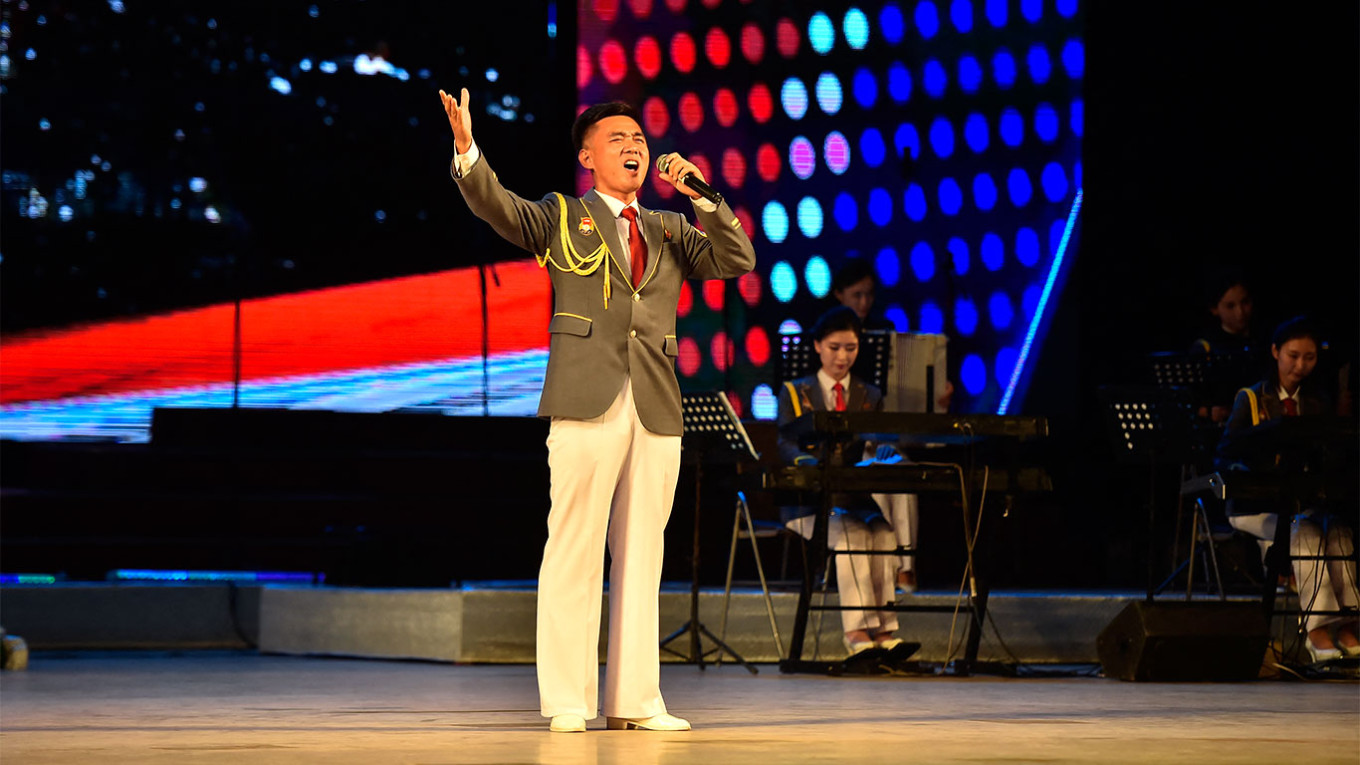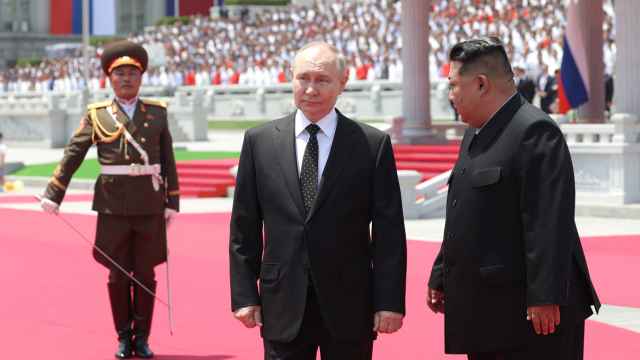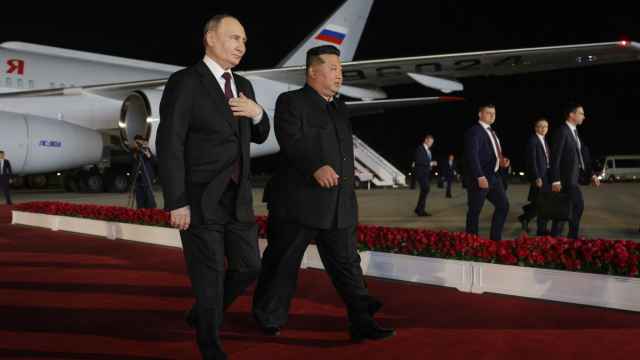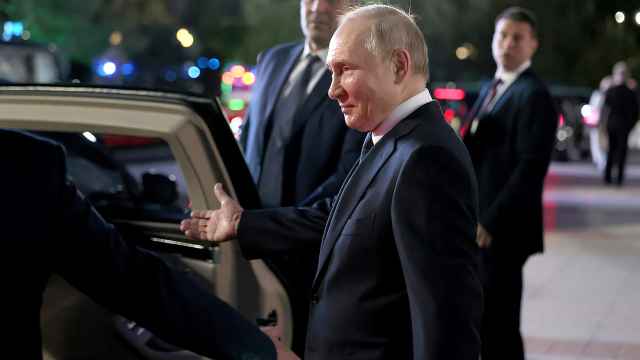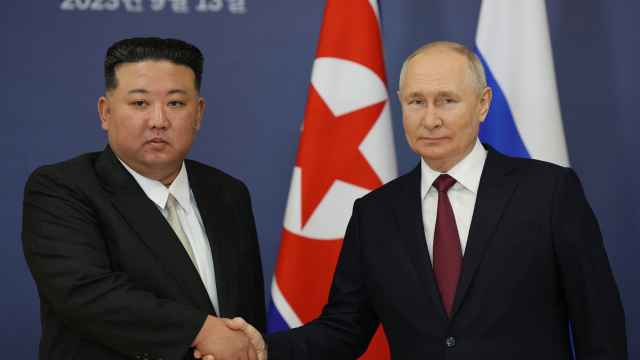A Russian military song and dance ensemble has arrived in North Korea, state media said Friday, with a Chinese delegation also due for a key anniversary, in fresh signs of border reopening.
North Korea has been largely closed off from the outside world since early 2020, when it shut its borders in response to the Covid-19 pandemic, with even its own nationals prevented from entering.
But Pyongyang invited high-level Chinese and Russian delegations to attend celebrations marking the end of Korean War hostilities in late July.
It also allowed a taekwondo delegation to travel to an international competition, and soon after that, restarted some commercial passenger flights to Beijing.
"The Russian Army Academic Song and Dance Ensemble... arrived in Pyongyang on Thursday," the official Korean Central News Agency reported.
Pyongyang celebrates the 75th anniversary of the country's founding day on Sept. 9 and the nuclear-armed state has previously indicated it will hold a "militia parade" to mark the event.
Russia has also been allowed to bring in a new batch of diplomats to its Pyongyang mission, Moscow's embassy in the capital said on Thursday.
"For the first time since 2019 we welcomed 20 diplomatic and technical staff who arrived at the embassy as part of a staff rotation," the embassy said on Facebook, alongside a photo showing Russian officials posing in front of what appears to be its building in Pyongyang.
The arrival of multiple foreign delegations over the last few months "could signal Pyongyang's further reopening of its border," Choi Gi-il, Professor of military studies at Sangji University told AFP.
In the future this could even include "accepting foreign tourists, something which was halted due to the pandemic," he said.
Kim showed a particular interest in developing North Korea's tourism industry in his early years in power, he added, indicating this may be a priority for the leader post-pandemic.
Kim and Putin?
The Chinese and Russian visits come as speculation mounts that North Korean leader Kim Jong Un — who rarely leaves his country, and has not traveled since the pandemic — will meet with Russian President Vladimir Putin to discuss arms deals.
Kim is likely to head by armored train later this month to Vladivostok, on Russia's Pacific coast not far from North Korea, to meet Putin, U.S. and other officials told The New York Times.
Vladivostok is hosting the Eastern Economic Forum from Sept. 10–13, which was attended by representatives from 68 countries last year.
According to the Times, Putin is seeking artillery shells and antitank missiles from North Korea, while Kim, who could even travel to Moscow, is reportedly in search of advanced technology for satellites and nuclear-powered submarines, as well as food aid for his impoverished nation.
Seoul's spy agency said this week that it was closely monitoring the situation, warning that Kim could opt for an unexpected route when he travels to Russia.
"There is a possibility of Kim Jong-un making a surprise move by choosing a different route than what is expected," a National Intelligence Service (NIS) official told lawmakers, according to MP Yoo Sang-bum.
A Message from The Moscow Times:
Dear readers,
We are facing unprecedented challenges. Russia's Prosecutor General's Office has designated The Moscow Times as an "undesirable" organization, criminalizing our work and putting our staff at risk of prosecution. This follows our earlier unjust labeling as a "foreign agent."
These actions are direct attempts to silence independent journalism in Russia. The authorities claim our work "discredits the decisions of the Russian leadership." We see things differently: we strive to provide accurate, unbiased reporting on Russia.
We, the journalists of The Moscow Times, refuse to be silenced. But to continue our work, we need your help.
Your support, no matter how small, makes a world of difference. If you can, please support us monthly starting from just $2. It's quick to set up, and every contribution makes a significant impact.
By supporting The Moscow Times, you're defending open, independent journalism in the face of repression. Thank you for standing with us.
Remind me later.


